Help your Molting Flock - Top 3 Ways
Back to blog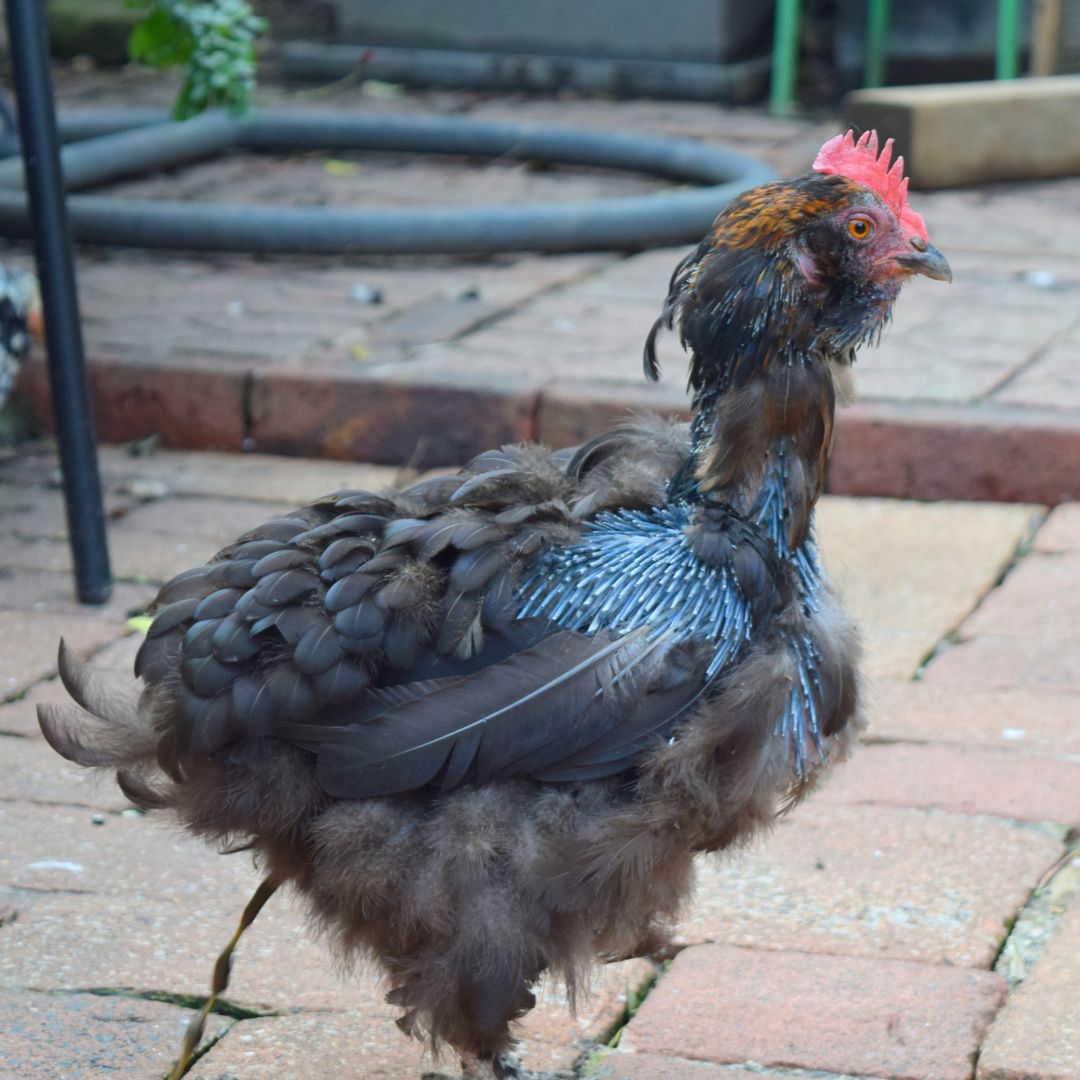
Helping your flock through molting season is essential. Molting, or shedding old feathers to grow in the new, is triggered in your flock by waning sunlight hours. This typically happens in late summer or fall. During this time, your flock will look pretty raggedy, and may slow down or temporarily stop laying while their feathers grow.
So how can you help your molting flock? Nutrition is especially important during this period, no matter which type of molt your birds are going through. During the molt, it's always doubly important to provide sufficient protein in their diet. After all, they're growing their feathers in for the next year, and if they are lacking in nutrition. Their feathers could be brittle or dry--until the next molt. During this window, you need to take action.

Here are the top 3 ways you can help your molting flock:
1. Switch to a higher protein feed during the molt to help your molting flock.
Check your feed bag: how much protein is in your feed? Layer feed is usually somewhere around 16%. If you can bump that up, it will help your flock, since they need a lot of protein to grow feathers. We recommend offering Starter (20% protein) or Grower Feed (19% protein.)
People who show poultry tend to feed at around 20% protein for sleek, healthy feathers. But be careful! Your hens will still need plenty of calcium, so if you switch them to something other than layer feed, be sure to provide oyster shell free choice---you might even consider scattering it over the new, higher protein feed to make sure they're getting enough for their needs.
2. Supplement your feed with high protein treats to help your molting flock.
High Protein Treats:
Another high protein supplement some people like to use is, believe it or not, cat food. There's no arguing that a handful or two can give your flock a protein boost... and since chickens are meant to eat grains, there's no need to provide the expensive grain-free kind you might give to your cats (as carnivores, cats don't naturally eat grains like omnivorous chickens do!). Even so, we'd recommend caution. Cat food often contains a lot of salt, too much of which is just not good for your chickens. If you choose to use a supplement NOT balanced for chickens, please use it sparingly---it is a supplement or treat, NOT a complete feed.
3. Limit low protein treats during the molt.
Fruits and veggies make great treats for your birds, generally speaking. And it's wonderful to think that while you're avoiding waste, your birds are enjoying themselves, and those leftovers and scraps are being turned into eggs! But during the molt, fruits and veggies are not always the best way to help your molting flock. Fruits and veggies are low in protein--and at a time when your birds need extra protein to grow their feathers, you want to be especially vigilant to make sure their diet supports their needs.
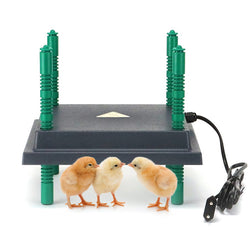
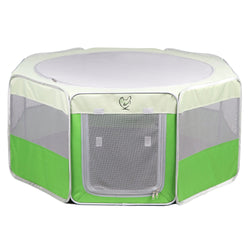
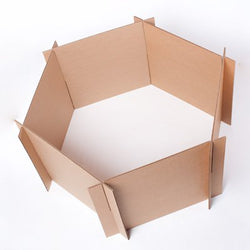
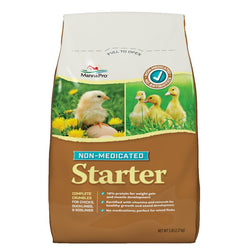
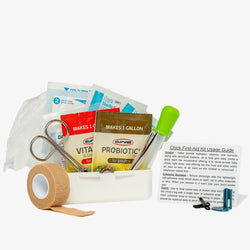
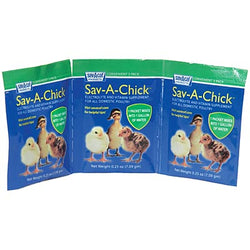
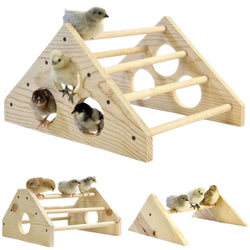
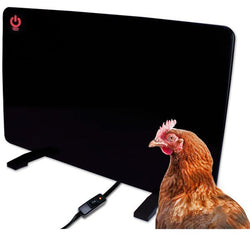
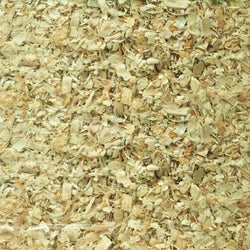
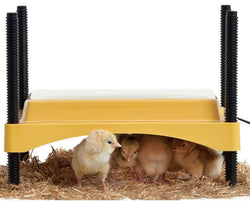
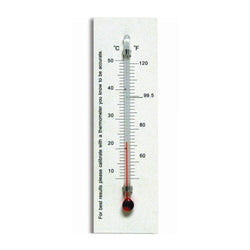
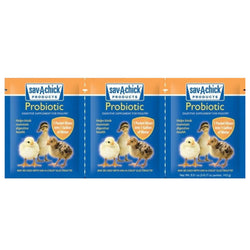
1 comment
Good information. Thank you!